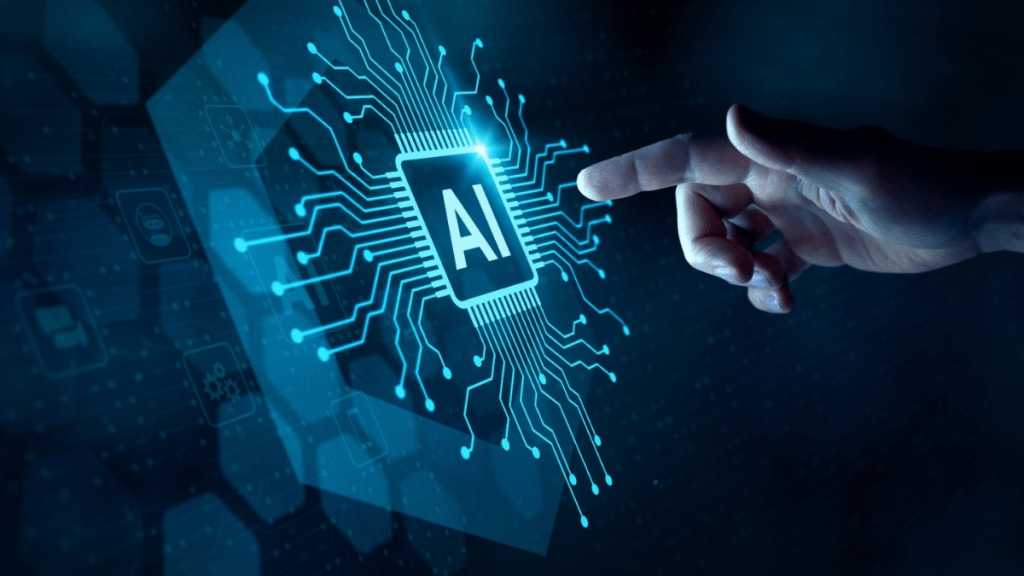Artificial Intelligence (AI) is emerging as a central force in India’s digital transformation, moving beyond experimental phases to become a foundational technology across key industries. According to recent industry analyses, the Indian AI market is projected to triple in value, reaching approximately $17 billion by 2027, positioning the country as one of the fastest-growing AI economies globally.
Market growth and sectoral impact
Recent reports highlight that India now accounts for 16% of the global AI talent pool, second only to the United States. The domestic AI workforce, currently estimated at 600,000, is expected to double by 2027.
Experts in the industry believe that sectors such as healthcare, manufacturing, retail and logistics are at the forefront of AI adoption, with studies indicating that these industries could contribute up to 60% of the potential value AI adds to India’s GDP by 2025.
Indian AI startups are increasingly recognised for delivering scalable, practical solutions tailored to local and global needs. Several companies exemplify this trend across diverse domains:
Retail and Commerce: Streamlining Digital Processes
AI is transforming India’s retail sector by optimising supply chains, enhancing inventory management, and personalising customer interactions. One of the example is Meobyr, which is developing an AI eCommerce manager, linking the logistics, pricing and content, on platforms like Blinkit and Amazon, and is led by IIT Madras alums, and is currently working with clients across India, Europe, and Middle East, to declutter the way brands operate online in a fragmented space.
Sustainability: Intelligent emissions tracking
AI is increasingly deployed in sustainability initiatives, particularly in tracking and reporting carbon emissions. Indian enterprises such as Bacuti are integrating AI with existing ERP systems to automate the calculation of Scope 1, 2, and 3 emissions, enhancing transparency along supply chains and supporting compliance with global ESG standards. National efforts such as the Sustainable Development Goals (SDG) India Index also leverage AI for monitoring environmental impact.
Voice AI: Building a Multilingual Nation
Assisto AI builds high-accuracy speech recognition engines that work in noisy environments for use in banking finance insurance (BFSI), logistics and defence, therefore creating opportunities in India’s voice-tech ecosystem based on regional accents, to national identity.
AI in Healthcare: Diagnosis early and early intervention
The services of CerviAI, an AI-based cervical cancer screening platform, are revolutionizing pathology by Vyuhaa Med Data at IIT Hyderabad. Vyuhaa is also developing edge based diagnostic tools for under-resourced remote settings with the support of ICMR and recently with ICMR’s demonstration at NVIDIA’s global conference.
SMB Enablement: A better way to Sell
AI is also supporting small and medium-sized businesses (SMBs) by automating outreach and customer engagement processes. Thriwin, based in Hyderabad is providing AI-driven sales agents can handle communications across email, calls, and messaging platforms, enabling SMBs to scale operations efficiently and cost-effectively.
Accessibility: AI Assistant for the Blind & Visually Impaired
Smart glasses called Percevia made at Scaler’s Innovation Lab have usable real-time edge AI to provide voice prompts to visually impaired users. Percevia is priced well and lightweight, so it can be used for daily navigation for millions of people.
From healthcare diagnostics to carbon compliance, voice technology to spiritual wellness, Indian start-ups are infusing AI where it matters most.

